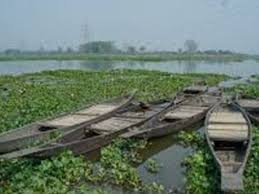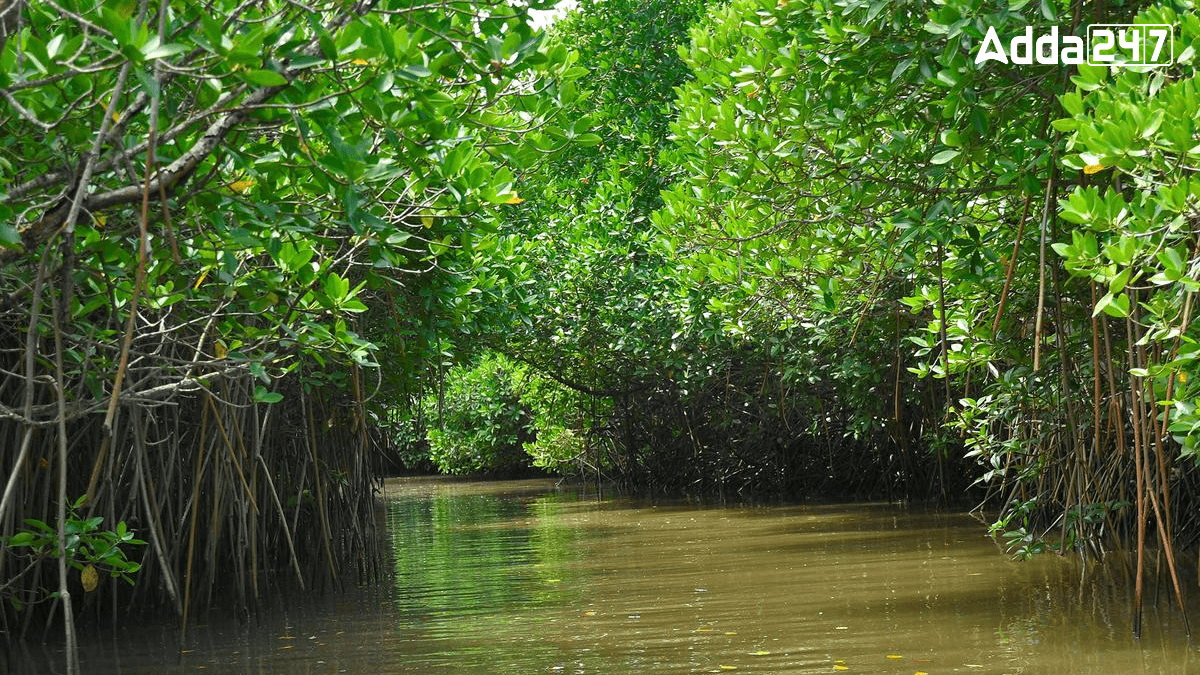Revival of 129 Wetlands in Assam to Alleviate Flood Risks
The Assam government has announced an ambitious initiative to revive 129 wetlands across the state as part of its comprehensive flood management strategy. This plan aims to mitigate the severe flooding that frequently affects various regions of Assam, particularly during the monsoon season. Wetlands play a crucial role in water management, serving as natural reservoirs that can absorb excess rainwater and reduce the risk of flooding. The initiative will involve the restoration of these wetlands, enhancing their capacity to store water and support biodiversity.
Importance of Wetlands in Flood Management
Wetlands are vital ecosystems that provide numerous benefits, including flood control, water purification, and habitat for various flora and fauna. By reviving these areas, the Assam government intends to leverage the natural characteristics of wetlands to manage floodwaters effectively. This approach not only aims to protect human settlements and agricultural lands but also seeks to preserve the ecological balance in the region. The restoration process will include removing invasive species, reintroducing native vegetation, and improving water quality to ensure the sustainability of these ecosystems.
Collaborative Efforts and Community Involvement
The success of this initiative will depend significantly on collaboration between the government, local communities, and environmental organizations. Engaging local populations in the revival efforts will ensure that the knowledge and practices of traditional wetland management are integrated into the project. This collaboration is crucial for raising awareness about the importance of wetlands and promoting community-driven conservation efforts. Educational programs will be established to inform residents about the ecological benefits of wetlands, fostering a sense of ownership and responsibility towards these vital resources.
Funding and Implementation Strategy
The government has allocated significant financial resources for the revival project, with a focus on sustainable and environmentally friendly practices. This funding will support the necessary research, planning, and execution phases, ensuring that the restoration activities are effective and beneficial in the long term. A detailed implementation strategy will be developed to monitor progress and evaluate the ecological health of the wetlands over time. The project aims not only to reduce flood risks but also to enhance the overall environmental quality in Assam.

Why This News is Important
Mitigating Flood Risks
The initiative to revive wetlands in Assam is critical due to the recurrent flooding that poses a significant threat to the state’s infrastructure, agriculture, and livelihoods. By restoring these natural ecosystems, the government aims to provide a sustainable solution to reduce flood impact and enhance resilience against climate change.
Promoting Biodiversity
Wetlands are biodiversity hotspots, supporting a wide range of species. This initiative not only aims to manage water but also to protect and restore habitats for various plants and animals, contributing to ecological balance.
Sustainable Water Management
The revival of wetlands aligns with sustainable water management practices. It emphasizes the importance of utilizing natural systems to address environmental challenges, promoting a shift towards eco-friendly approaches in managing water resources.
Community Engagement
This project fosters community involvement, empowering local populations to take an active role in wetland conservation. Engaging communities enhances awareness and responsibility towards the environment, fostering a culture of sustainability.
Economic Benefits
The restoration of wetlands can yield economic benefits, such as improved agriculture through better water management and opportunities for ecotourism. Healthy wetlands can enhance the local economy while promoting environmental sustainability.
Historical Context
Background on Assam’s Flood Challenges
Assam has a long history of flooding, primarily influenced by the monsoon season and the Brahmaputra River’s dynamics. Flooding has caused significant damage to infrastructure, agriculture, and human settlements, prompting the government to explore various flood management strategies over the years.
Wetlands and Their Historical Importance
Historically, wetlands have played a crucial role in Assam’s ecological framework. However, urbanization, agricultural expansion, and pollution have led to the degradation of many wetland areas. Recognizing their importance, the Assam government is now prioritizing wetland revival as a key strategy in combating flood risks and enhancing biodiversity.
Key Takeaways from “Revival of Wetlands in Assam”
| Serial Number | Key Takeaway |
|---|---|
| 1 | The Assam government is reviving 129 wetlands to combat flooding. |
| 2 | Wetlands help absorb excess rainwater, reducing flood risks. |
| 3 | Community involvement is essential for successful wetland management. |
| 4 | The project emphasizes sustainable practices for water management. |
| 5 | Reviving wetlands will promote biodiversity and ecological balance. |
Important FAQs for Students from this News
1. What is the main goal of reviving wetlands in Assam?
The primary goal is to alleviate flood risks by enhancing the capacity of wetlands to absorb excess rainwater, thereby protecting human settlements and agricultural lands from flooding.
2. How many wetlands are being revived in Assam?
The Assam government plans to revive 129 wetlands as part of this initiative.
3. Why are wetlands important for biodiversity?
Wetlands provide critical habitats for a variety of flora and fauna, contributing to the overall ecological balance. They support biodiversity and serve as natural reservoirs for wildlife.
4. What role do local communities play in the wetland revival project?
Local communities are encouraged to participate actively in the revival efforts, ensuring that traditional knowledge and practices are integrated into the management of wetlands.
5. What funding has been allocated for the wetland revival project?
The Assam government has allocated significant financial resources to support the research, planning, and implementation of the wetland revival initiative, focusing on sustainable and environmentally friendly practices.
Some Important Current Affairs Links

















